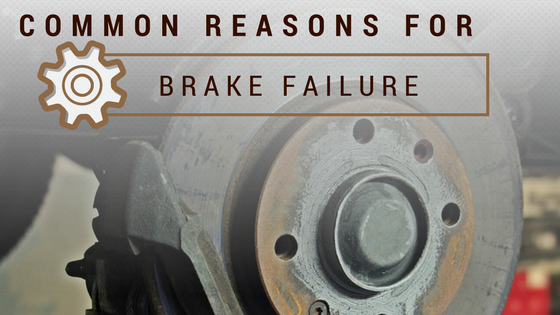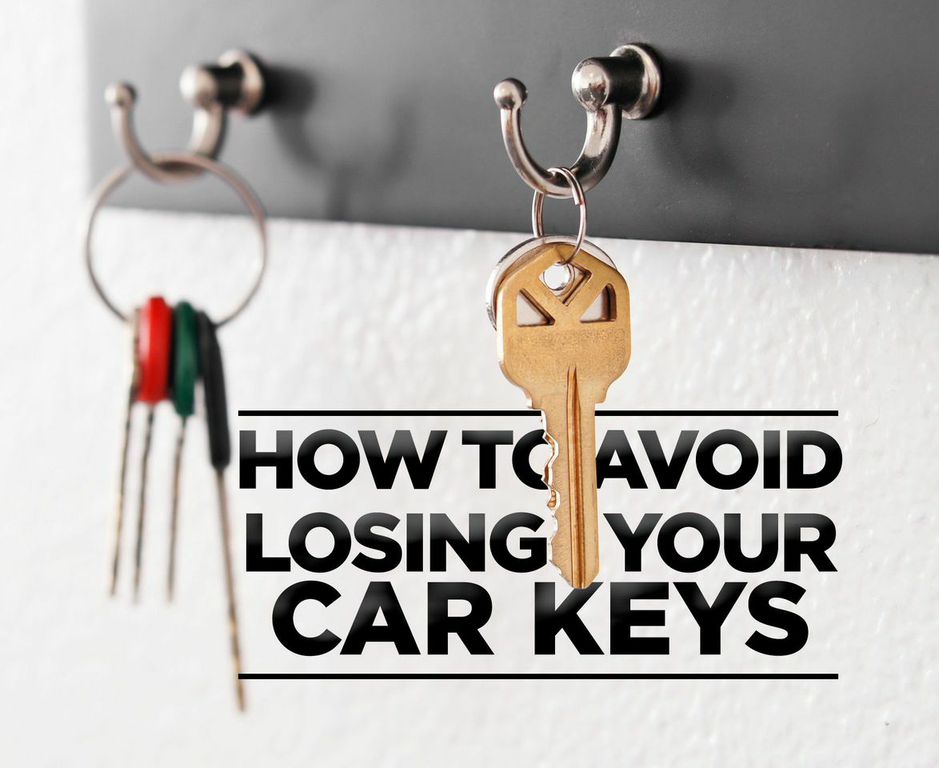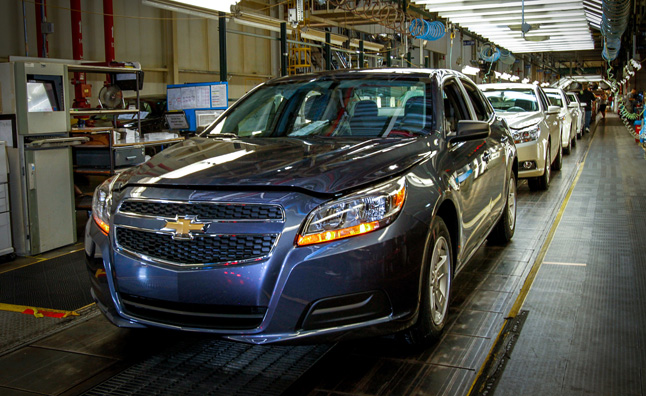One of the scariest situations a driver can experience is their brakes suddenly failing. Before you get into a panic about this scenario, let’s understand how your brakes work, and then unpack causes that can lead to their failure.
The brake pedal is connected to the pistons. In most modern cars, you’ll see disc front brakes and drum rear brakes. Functioning brakes stop your vehicle by using friction. If something interferes with this friction, this can lead to brake failure. Here are a couple factors that can become an interference:
- Oil or grease on your brakes can lead to failure. Unlike your engine, the brakes do not need lubrication, and if lubrication such as oil or grease make its way to the brakes, this interferes with the friction needed to come to a stop. Keep an eye out for oil leaks. If you notice a leak, this can indicate that an oil seal has failed. Get this checked immediately to prevent further damage.
- Your brake pads are built to work up to a certain temperature. If your brakes get severely overheated, they start to break down. If this happens, the metal in the rotors or drums can develop hard spots, also known as hot spots. These spots interfere by resisting the friction from the brake pads and shoes. If these don’t have friction, braking power is lost. A symptom to look for here is a change in feel on your brake pedal. If you notice that you’re having to press harder on the pedal, and seeing less of a reaction, get this checked immediately.
Another common cause that leads to brake failure is the wear on your brake pads. The longevity of your brake pads depend on the make and model of your vehicle, and your driving habits. Some brake pads can last around 70,000 miles, while other drivers might notice they’re having to change their pads around 25,000 miles. Your front brake pads typically wear faster than your rear ones. If you find yourself frequenting congested highways or doing more city driving, you’re probably doing some heavier braking, which means your pads will wear out quicker. A symptom that can indicate your brake pads might be wearing thin, are, squeaking or squeal noises coming from your brakes. If you start to hear these noises, get this checked ASAP! You can replace the pads before you cause any further damage, or danger yourself on the road.
I hope learning these common brake failure culprits help ease your fear. Keep an eye out for these symptoms so you can prevent damage to your vehicle and stay safe behind the wheel!






No Comments